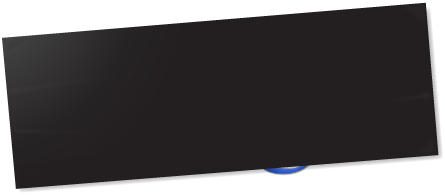The main issue is that these bills would give copyright holders the power to impose draconian penalties on websites for apparent violations of copyright -- with no due process. How draconian? Just by sending a letter, they could force PayPal or credit card companies to cut off payments to websites.
Moreover, websites could be held accountable not just for their own content, but for comments on their website (and any links in them), for the contents of websites they link to, and for comments on the websites they link to (and links in them). Can you say "burdensome regulation"? So I would have to monitor all the comment sections of every website I link to, most of which are much bigger than this one, in order to be sure there were no copyright violations in them. Under current law, all I'm required to do is take down copyright violations that occur on this website after notification by the copyright holder. Big difference!
As I discussed in late October, there has been a strenuous effort by intellectual property rights (copyrights, patents, trademarks, etc.) holders to enshrine and expand their powers through the use of trade law over the last 20 years. SOPA and PIPA should be seen as another manifestation of that effort. George Washington University political scientist Susan Sell has written some of the most important work on this subject (see her book Private Power, Public Law) and, lately, Matt Yglesias has frequently written about intellectual property bullying by the United States.
These laws would tilt the playing field on intellectual property even further than the current unfair reach of IP laws. I'll just conclude with the device Kwak starts his post with, Google's home page today:
Tell Congress: Please don't censor the web!

No comments:
Post a Comment